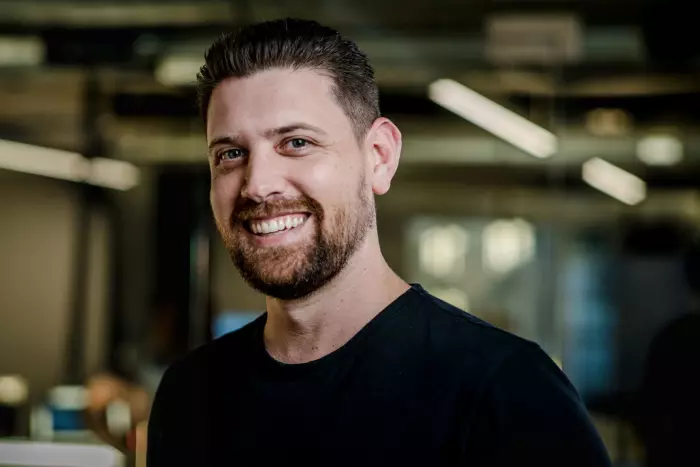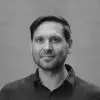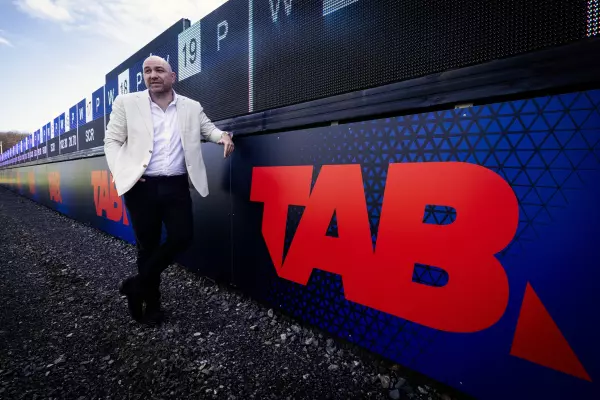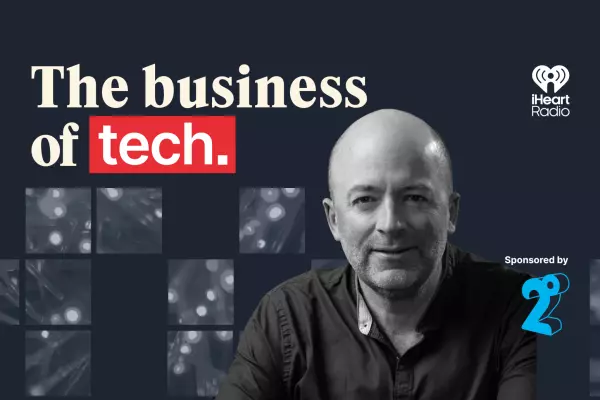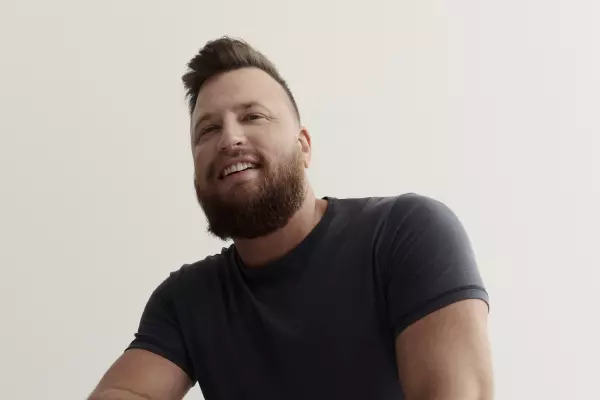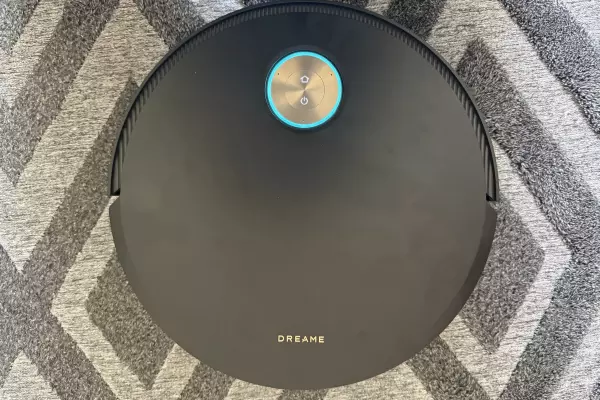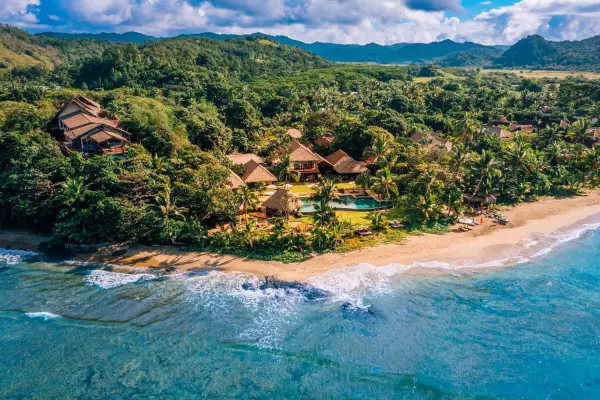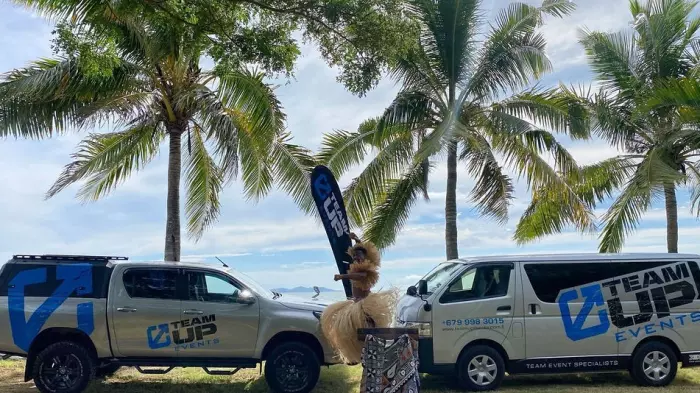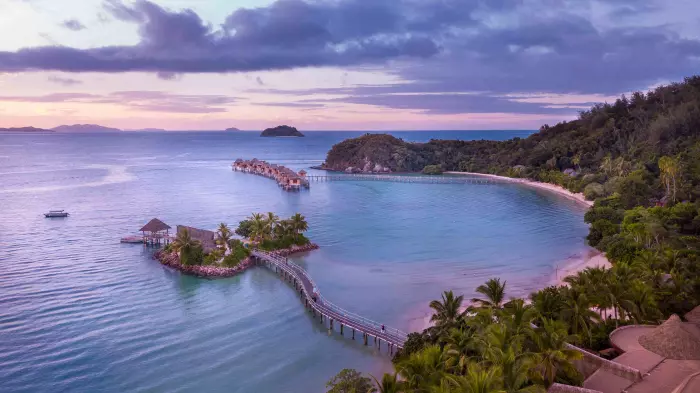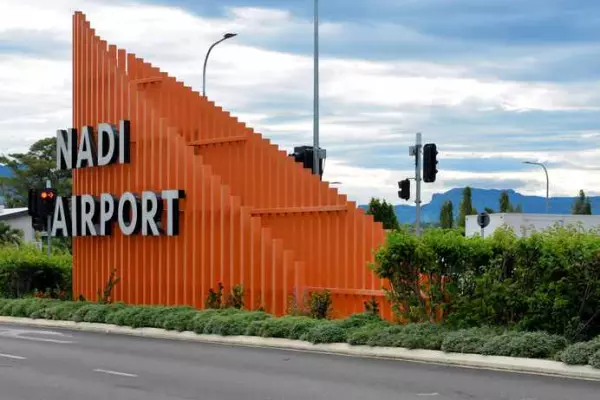Welcome to My Net Worth, our regular column on the lives and motivations of our country’s top business, legal and political people, in their own words.
Aaron McDonald has been working in technology since the early days of the internet in New Zealand. He worked his way from digging ditches to managing two venture funds, fuelled by a drive for fixing problems. He has founded multiple startups that have gone on to raise hundreds of millions of dollars, starting with blockchain-focused tech venture platform Centrality.
Today, he spends his days helping the founders in the funds he runs to find their own success and figuring out how to get synergies between them firing. His work with Centrality has earned him a reputation as a leader in emerging tech in NZ and worldwide.
When I was born, we lived in Horowhenua. We had a big family – I'm the oldest of five kids, including a twin sister.
Early in my life, my parents spent time doing humanitarian work and as missionaries in the Philippines. Some of my earliest memories are of getting up to mischief in the village, climbing coconut trees or mango trees, or playing with snakes.
When we returned to NZ, we travelled for two years in a house bus, seeing the country, before we landed in Tolaga Bay, north of Gisborne. We lived in a rural community and I went to a rural school.
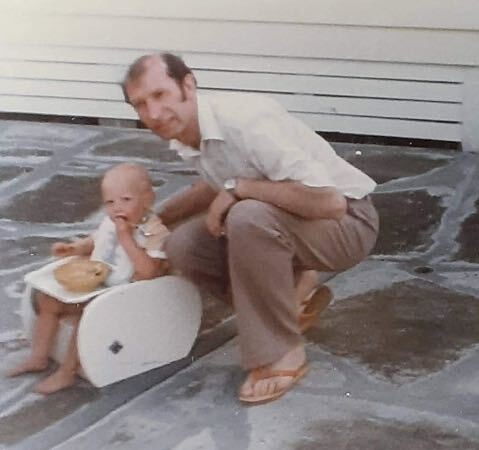 Aaron McDonald as a toddler with his father, Eoin. (Image: Supplied)
Aaron McDonald as a toddler with his father, Eoin. (Image: Supplied)My entrepreneurial DNA comes from that setting where you could go and play with the welder or the different tools on the farm and make stuff.
My first real jobs were out on the farm doing labour. I remember days and days and days of walking up hills pulling thistles and ragwort out. It's a good entry into the workforce because everything else is a better job.
I went to Russia to do humanitarian work with a Russian girl I met. We got married over there and not long after we came back to NZ, she got pregnant with my first child.
That sealed the deal for me to get serious about work and I got a job in IT, running cables under buildings and doing CAT-5 cabling and installing routers back when they still needed command line programming. I jumped from technology to sales, to product, to marketing and business management.
I got to do a bit of pretty much everything, from literally digging ditches through to running a billion-dollar portfolio. My career path is, "What's the next problem I can fix?" and, "Oh, shit, that person up there doesn't know what they're doing so I'm gonna go and do it better."
The day we raised $100 million for my first startup was big. It felt like vindication. I proved to myself that I was right. Since then, I've founded five companies that are worth over $100 million each, so I've replicated that success but it's never felt the same.
My wife has helped me a lot. Having someone who cares about me enough to say, "Spend time taking care of yourself", and to be on my case if I don't, has been really important. She's a successful person in her own right.
We like experiences – doing stuff and going places together.
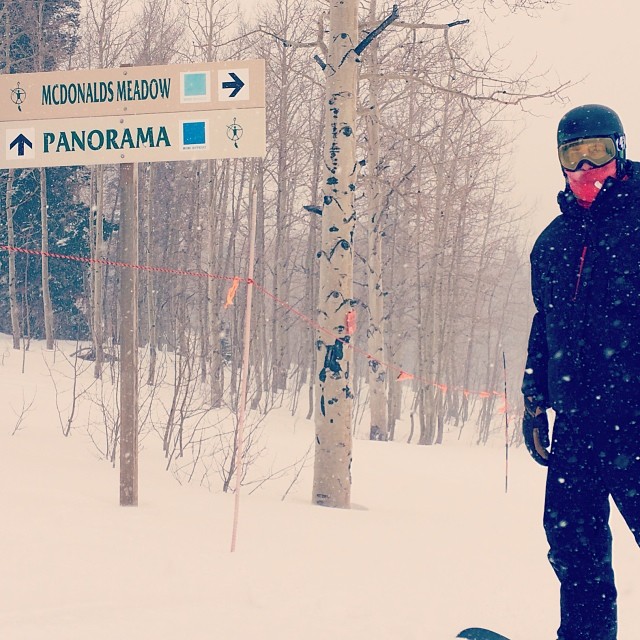 Aaron McDonald during a 2015 skiing holiday in Colorado. (Image: Supplied)
Aaron McDonald during a 2015 skiing holiday in Colorado. (Image: Supplied)My biggest achievement is raising a son to be a kind, good-natured, intelligent member of society. He is now 21. And my daughter is nine months old. I found out my first wife was pregnant on my 21st birthday and then, 21 years later, I had a girl with my second wife – so I have children only every 21 years.
Having my daughter and working from home gives me moments when I can take my mind off what I'm doing and spend some time with her. It's meditative, in a way, to spend half an hour playing with her.
I'm genuinely an introverted person. I have to force myself to be out there. One of the biggest things I had to learn was how to bring other people on the journey that's going on in your mind. Entrepreneurs tend to sit and hear people, but very rarely listen to them.
A big part of my personal success is due to the fact that my brothers have been there along that journey with me. Having those two people I can trust, that's quite a strong thing to have when you're an entrepreneur because you can feel a bit isolated.
My brothers and I collect cars. My favourite one in my collection would probably be a 1973 VJ Valiant Charger – my grandad had one similar when he was younger. My wife has a pretty good collection of designer handbags and shoes.
We have a growing art collection. I have some NFTs [non-fungible tokens], including some pretty cool digital art, but also paintings, sculptures and photographs.
Ironically, the stuff I used to hate is what I enjoy now. My me-time involves pulling thistles and spraying gorse at our beach house in Mangawhai [82km north of Auckland], doing the things I used to do as a child. It's cathartic in a way, out there in the weather doing something good.
I do a lot of strategising during those times. There's nothing else around and because you don't really have to think about the work, you can mull stuff over in your brain and get clarity on things.


